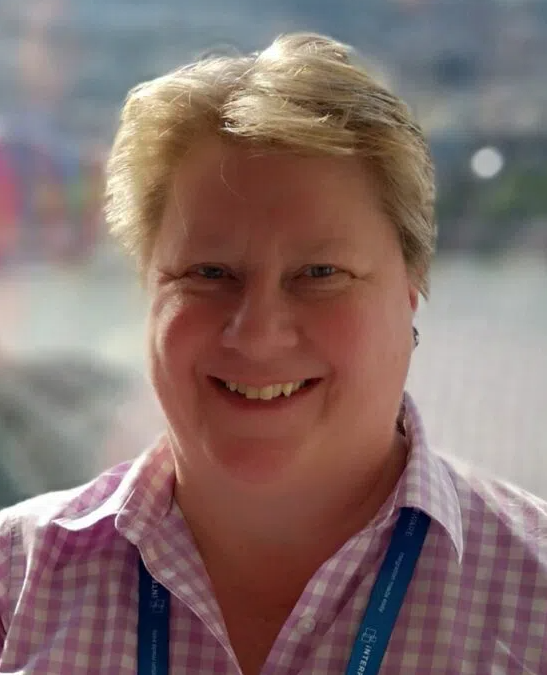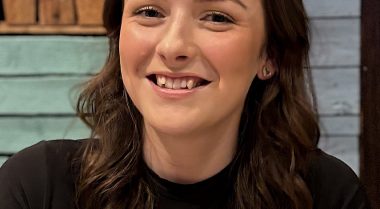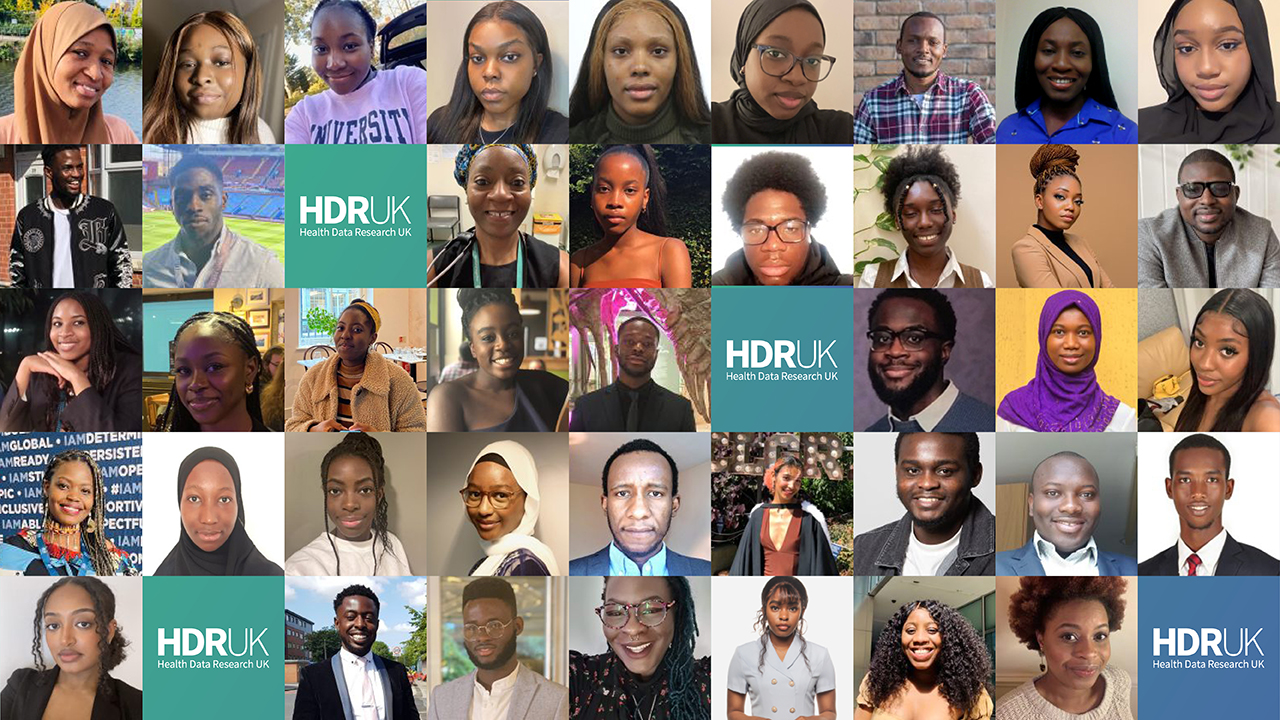Believe in yourself and follow your own career path
23 November 2022
Monica Jones, Chief Data Officer for University of Leeds and Associate Director for HDR UK, is a former British Army officer with a long-standing interest in science. She moved into health data science after realising her skills and experience could make a difference to clinical outcomes. She is keen to see other women enter the field and encourages them to have the confidence to pursue their goals
Tell us a little about yourself and your background
 I was brought up in County Durham, studied at the University of Sheffield gaining a BSc Zoology and PGCE in Chemistry and Combined Science before entering a career as a British Army Officer in the Royal Army Educational Corps (RAEC). After 17 years I ‘retired’ and then worked in the NHS and Cancer Research in various national, regional and front line roles. I am now the Chief Data Officer for University of Leeds and Associate Director for HDR UK.
I was brought up in County Durham, studied at the University of Sheffield gaining a BSc Zoology and PGCE in Chemistry and Combined Science before entering a career as a British Army Officer in the Royal Army Educational Corps (RAEC). After 17 years I ‘retired’ and then worked in the NHS and Cancer Research in various national, regional and front line roles. I am now the Chief Data Officer for University of Leeds and Associate Director for HDR UK.
Tell us about your current role
Board level CDO to transform the use and exploitation of data across the University. The CDO leads and develops the University’s Data Strategy and the Data Service that delivers it. Working closely with senior colleagues, I ensure there is a consistent and strategic use of data; internally and externally; that is transparent and efficiently delivers value and improves lives.
What led you to enter health data science?
I have always been interested in science, wanting to know about the natural world and our place in it. As I have moved further on in my career I realised that the I could use my skills and experience to make a difference to cancer clinical outcomes. My family have been personally affected by cancer so anything that we can do to push the boundaries of science to develop translational medicine will help to save lives.
What have been some of your proudest achievements?
I am proud of many of my achievements but in particular my strategic leadership and expert advisory role for Cancer Research UK, with responsibility for the successful design and delivery of interim and longer term informatics solutions for Stratified Medicine was a high point. This was proven integration of research with NHS Information Systems for the benefit of patient care.
Have you encountered particular challenges from being a woman in your field?
There will always be challenges when there are less women in my field. I specialise in health informatics, health data science and technology. Roles traditionally carried out by male colleagues. As you get more senior it can become very lonely if you don’t have other women around to share experiences with. It is important not to be disheartened and look for the positive aspects.
Have there been any positive examples of being encouraged or made welcome?
HDR UK in particular has made me feel very welcome. As the national institute for health data science there are many examples of being encouraged to achieve my true potential. It was through HDR UK that I became the CDO for DATA-CAN which in turn led to my current executive role.
What’s the best piece of advice you have received and/or the one piece of advice would you give to other women entering your field?
Believe in yourself and follow your own career path. Look for strong female role models that inspire you and aim to achieve your version of what they have done. Tell your own story.
What one thing would you like to see happen to ensure that women can have flourishing careers in health data science?
An acknowledgement that there is still work to do, flexible working arrangements and coaching, mentoring for women by women scientists.
For more about Monica see her HDR UK page here.



